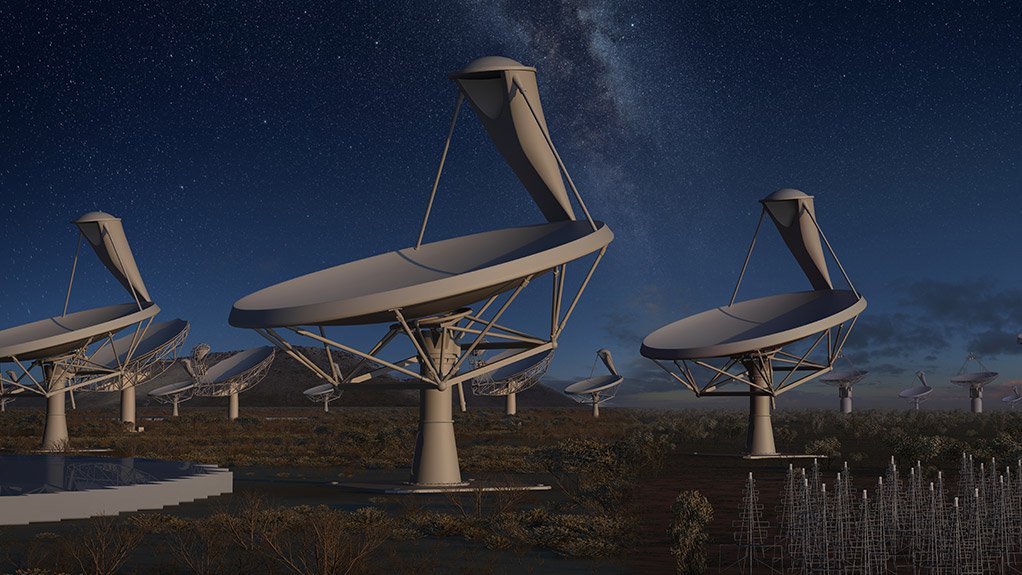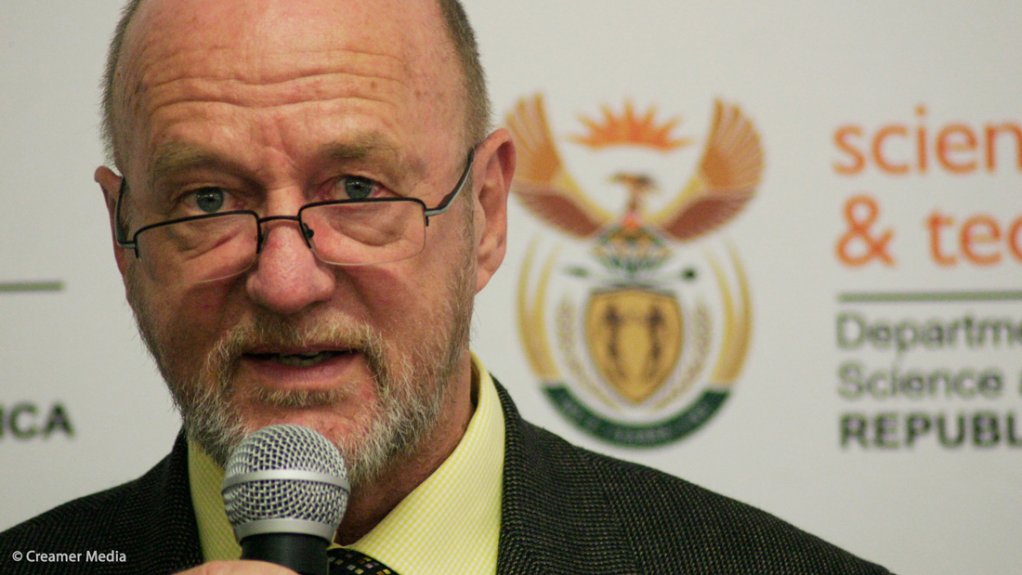The international Square Kilometre Array (SKA) programme will be most advantageous for Africa, South African Science and Technology Minister Derek Hanekom affirmed on Wednesday. Phase 1 of the SKA will be co-hosted by South Africa and Australia, with another eight African countries to host outstations during Phase 2.
"This project is going to show major benefits for Africa," he stated. "Not least, it will transform perceptions of Africa." The continent is not usually seen as a location for cutting-edge science and technology. With the SKA, this will change.
But all the African partner countries must be ready. "If we aren't, we won't be letting the world down, we'll be letting ourselves down," he stressed. "We'll have challenges from time to time, but we'll address them when they arise."
Part of this readiness is the African Very Long Baseline Interferometry Network (AVN) project, which involves converting surplus large telecommunications dishes in the partner countries into radio telescopes. The African Renaissance Fund has allocated R120-million to support the development of the AVN, and the South African Department of Science and Technology has added another R21-million.
The first such conversion programme is taking place in Ghana, with the dish at Kutunse. "There are big engineering challenges," noted SKA South Africa (SKA SA) director Dr Bernie Fanaroff. "We have a team now working on refurbishing this telescope." SKA SA has so far undertaken seven missions to Ghana for this refurbishment. Similar programmes in Kenya and Botswana are likely in the next couple of years.
Fanaroff highlighted that the AVN project would develop infrastructure relevant to the SKA and start world-class radio astronomy in the African countries concerned. "We have to now start preparing the institutional capacity, the technological capacity and the scientific capacity," for the partner African countries to co-host the SKA.
Hanekom pointed out that South Africa is already providing training for seven Ghanaians who will operate and maintain and do science with the soon-to-be radio telescope at Kutunse. He added that it was hoped that more people from all eight African partner countries would be trained in South Africa over the next few years.
Fanaroff reported that so far 90 students from other African countries had been trained in South Africa. In addition, he noted that the development of radio astronomy in Africa was also being supported by the European Union, through the Africa Europe Radio Astronomy Programme.
Hanekom and Fanaroff were both addressing the First Ministerial Meeting of the SKA African Partner Countries – Botswana, Ghana, Kenya, Madagascar, Mauritius, Mozambique, Namibia and Zambia – in Pretoria.
EMAIL THIS ARTICLE SAVE THIS ARTICLE
To subscribe email subscriptions@creamermedia.co.za or click here
To advertise email advertising@creamermedia.co.za or click here













